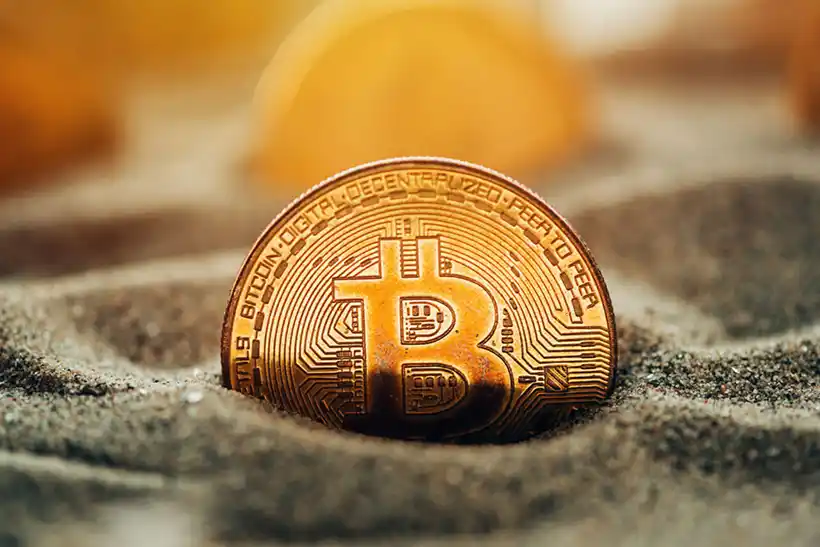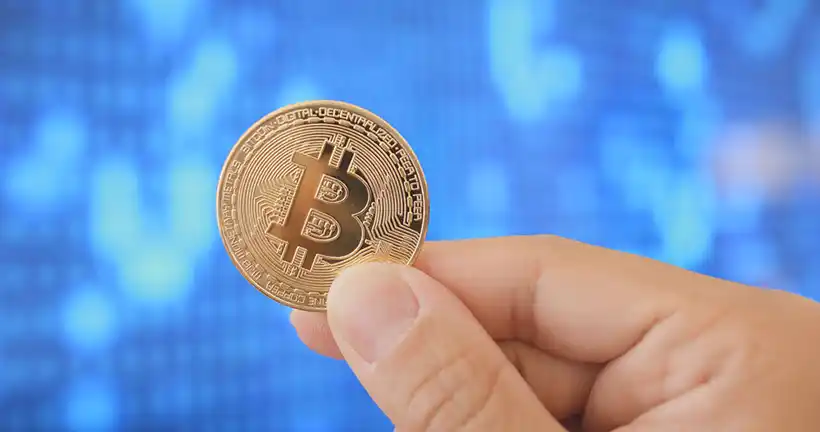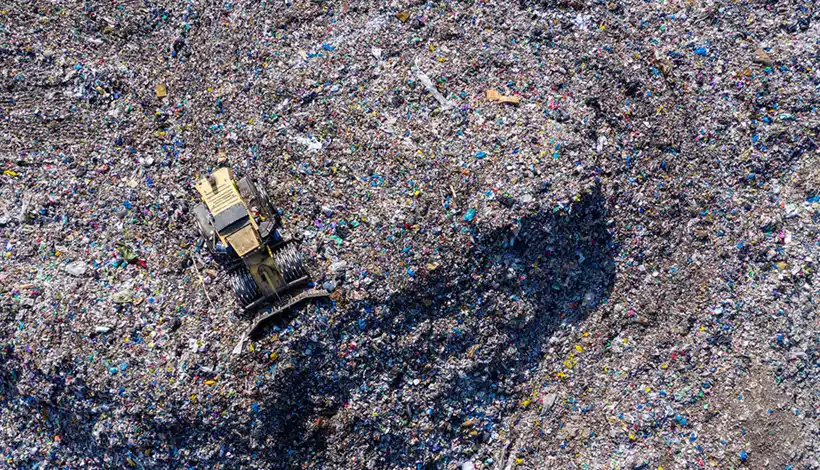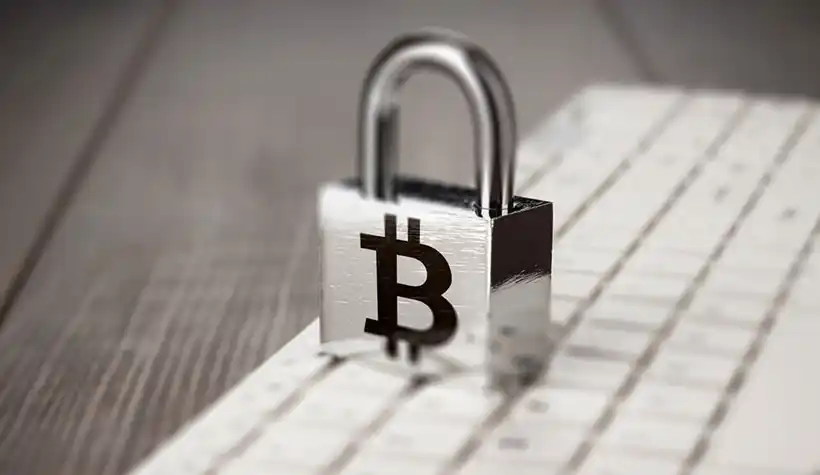
There have been a number of exciting stories in the Bitcoin world this week, but none more so than the story of lost bitcoins by James Howells. Howells is an IT specialist who mined 7,500 bitcoins back in 2009, when they were worth next to nothing. Fast forward to today and that stash of digital currency would be worth $500 million dollars. But sadly for Howells, he threw his hard drives away and didn’t back up any of his data. Read on to find out how he came to make such a costly mistake.
Introduction

In 2009, an anonymous person or group of people using the name Satoshi Nakamoto created a new form of money called Bitcoin. Bitcoin is a digital asset and a payment system that uses cryptography to control its creation and management.
Bitcoins are a form of digital currency and not physical objects. They can be used to purchase goods and services or trade for other currencies. Bitcoin is a decentralized currency that is not under the control of any government or financial institution.
The story of lost bitcoins
In 2013, James Howells from Newport, Wales, accidentally dumped 7,500 bitcoins while cleaning up his computer. At the time, each bitcoin was worth around $130, so the total value of the coins was around $975,000.
Howells says he realized he had dumped the hard drive when the price of bitcoin started to rise in 2013. He searched through his old computer files and through every piece of garbage he could find. However, he was unable to find it and lost bitcoins forever.
This story highlights the importance of keeping your bitcoins safe. If you have a lot of bitcoins, it is important to make sure they are stored away safely.
The search for James Howells 7,500 lost bitcoins

Now, Howells is seeking to excavate the landfill where he allegedly dumped the hard drive in order to find it. His drive is now buried under four feet of rubbish in a landfill site in Wales. However, the process will be very difficult and expensive. It would cost millions of dollars to excavate the landfill. There is no guarantee that the lost bitcoins in the hard drive will be found.
When Howells realized that he had thrown out the hard drive, he contacted the council. He offered to pay them a quarter of any fortune he found. However, the council has refused to allow him to search for the hard drive. They say that it would be too dangerous and expensive.
James Howells has hired NASA experts

James has contacted engineers, environmentalists and data recovery experts from around the world to carry out the search. He’s even enlisted the help of Ontrack – the data-recovery firm which salvaged the hard drive from the Columbia space shuttle after it plunged to Earth in 2003.
The Minneapolis-based company, hired by NASA, managed to recover 99 per cent of the data – despite being found in a dried up lake bed six months after the disaster. If James’ hard drive hasn’t cracked, the firm reportedly believe there is a 80 to 90 per cent chance his huge Bitcoin fortune can be recovered. However, it’s going to be a very costly and difficult process.
They will use special equipment to scan the landfill and create a 3D map of where it is buried. This could take months or even years. However, Howells is hopeful that he will eventually be able to find the drive and retrieve his lost fortune.
Did James Howells find his lost bitcoins?
He has spent the last eight years waiting for the Newport City Council to approve a landfill site search for his lost hard drive. He made several offers to share some of the money from a successful find with the council, but they worry about who will cover the cost if the hard drive can’t be recovered.
The council believes, millions of dollars could be spent on digging the landfill and storing the waste, and even then there is no guarantee the hard drive will be found or it will still be in working order. The council has told Mr Howells on a number of occasions that they cannot excavate under the current licence and excavation would have a huge environmental impact on the surrounding area.
Few tips to help you keep your Cryptocurrency or Bitcoins safe.

- Keep your computer and wallet backups in multiple locations (including offline).
- Use strong passwords and 2-factor authentication whenever possible.
- Don’t store all of your bitcoins in one place. Spread them out across different wallets and exchanges.
- Be careful when downloading or installing software from unknown sources.
- Store your private keys in a safe and secure place.
Conclusion
This story is a cautionary tale for anyone holding onto Bitcoin or other cryptocurrencies. It serves as a reminder that even though Bitcoin may be digital, it is still subject to the same physical dangers as any other currency. If you’re not careful, your Bitcoin could end up lost forever in a dump like this one.



